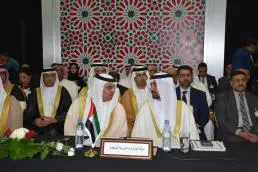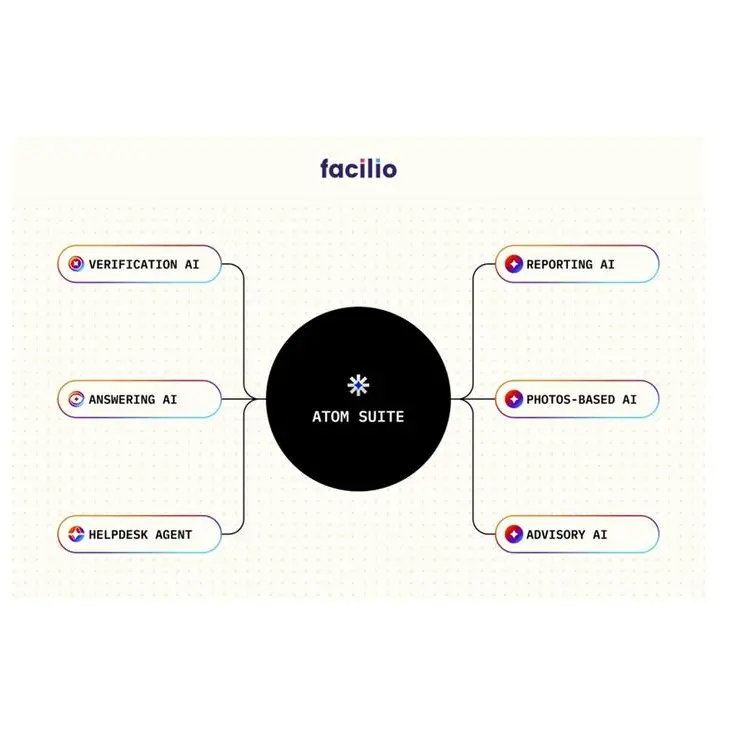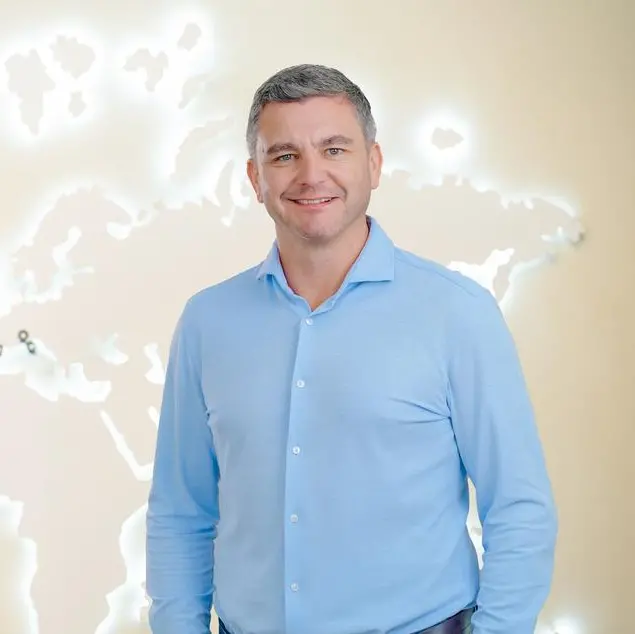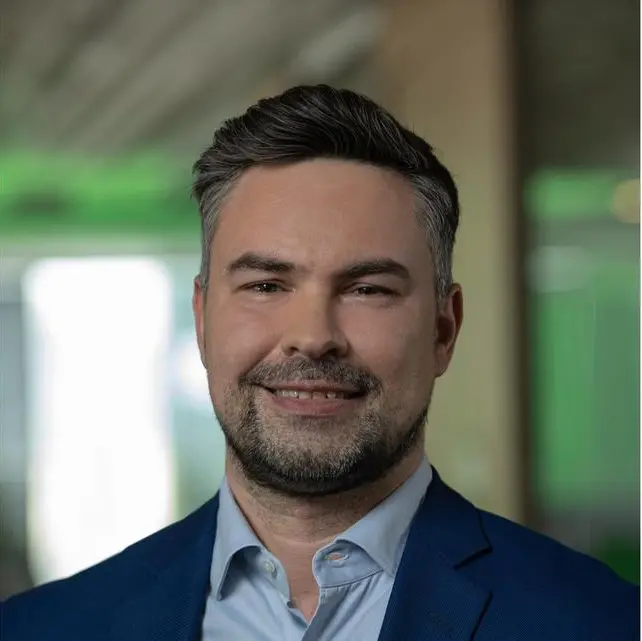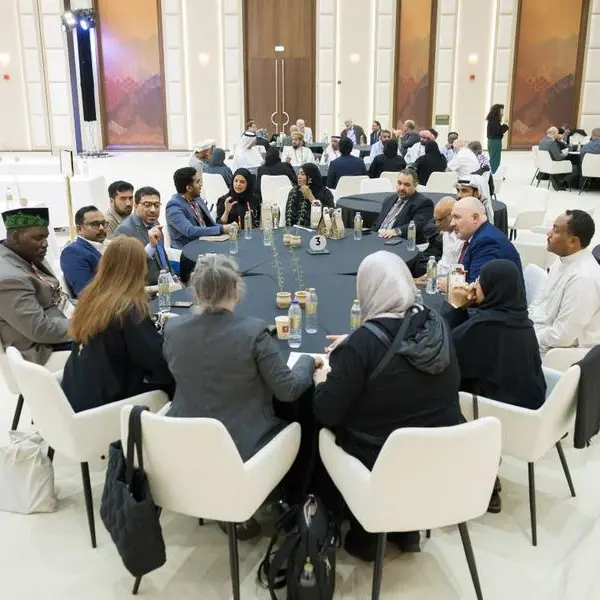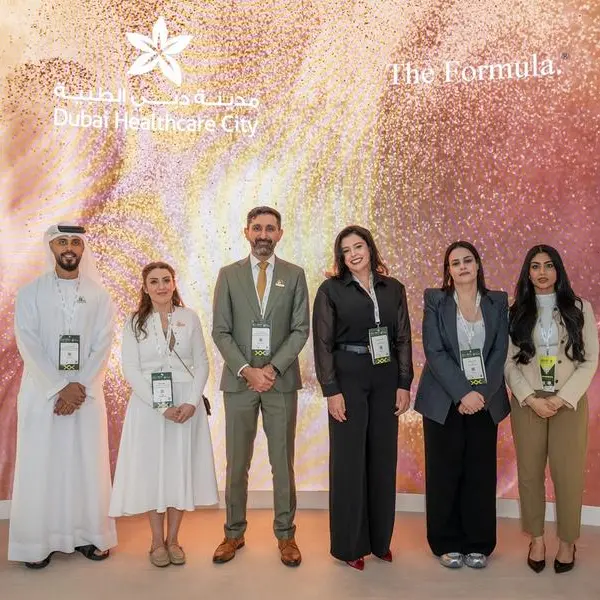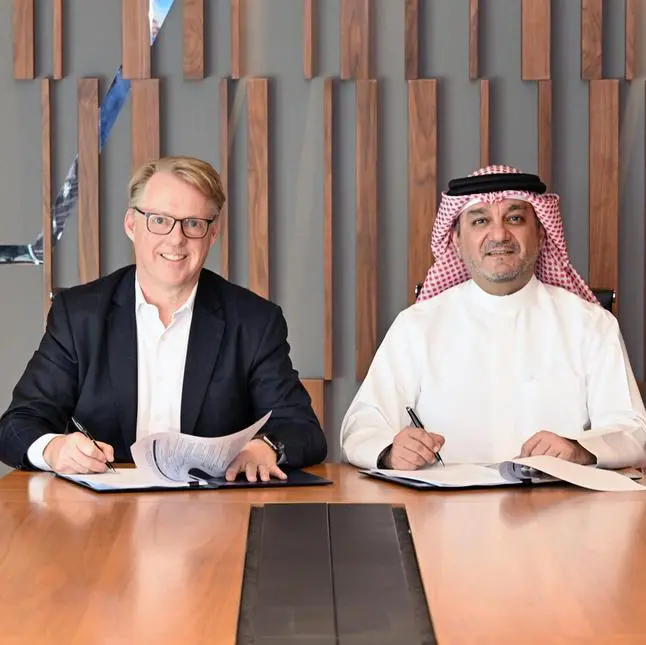PHOTO
Rabat, 18 April 2017
HE Obaid Humaid Al Tayer, Minister of State for Financial Affairs participates in the eighth Ordinary Session of the Council of Arab Ministers of Finance and meetings of Arab Financial Institutions, which are currently being held in Rabat, Morocco (18-19 April).
The UAE delegation which is headed by HE Obaid Humaid Al Tayer, included HE Mubarak Rashed Al Mansouri, UAE Central Bank Governor; HE Younis Haji Al Khoori, Undersecretary of MoF; HE Khalid Ali Al Bustani, Assistant Undersecretary for International Financial Relations; HE Saeed Rashid Al Yateem, Assistant Undersecretary of Resources and Budget Sector at MoF and a number of specialists at the Ministry and the Bank. The delegation discussed key economic and financial topics.
The eighth ordinary session of the Council of Arab Ministers
The meeting discussed the Innovative Programme Initiative to support Arab countries which was put forward by the UAE, represented by MoF. The initiative works on supporting Arab countries facing current economic and financial challenges and contributes to the countries’ comprehensive economic development.
The meeting also discussed a number of important topics, including the IMF’s working paper ‘Energy Subsidies Reform in Arab Countries’, about energy costs and subsidies, given their high energy consumption. In 2015, the energy subsidies for Arab countries reached $117 billion, accounting for more than quarter of the world’s energy subsidies which amounted to $434 billion in the same year. A large amount which is recommended to be spent on priority projects. Arab countries’ efforts over the past two years managed to reduce the average ratio of energy support, leading to a decrease of the GDP for Arabic countries from 7% in 2013 to an estimate of 3.4% in 2016.
The IMF’s paper also highlighted that Arab countries that export oil took the unprecedented step of adjusting domestic energy prices in 2015. Low energy prices encourage its overuse, which will lead to the depletion of natural resources and reduce investment incentives in energy types.
HE Obaid Humaid Al Tayer expressed the UAE’s support to the recommendations in the IMF’s paper in terms of energy subsidies reform, taking the necessary steps towards raising support for petroleum products and reducing electricity and water subsidies as well as developing mechanisms to promote market policies. HE Al Tayer added: “There must be a comprehensive energy sector reform plan with clear long term objectives, with steps taken to protect beneficiary. The decision by the UAE to liberalize energy prices was based on in depth studies of the economic, social and environmental impact on the long term.”
HE Al Tayer also stressed the need to be selective in the proposals raised to the Council to meet the needs and aspiration of Arab people, and invite other international institutions and organisations to participate in these meetings to benefit from the experience of non- Arab countries.
The WBG’s working paper “Public Investment Efficiency in Arab Countries (challenges and opportunities)” was also discussed. The paper highlights that over the past two decades, the MENA region countries implemented various reforms on public investments, controlled public expenditures’ management and strengthened the administrative and legislative frameworks.
The working paper also discussed ways to enhance the efficiency of public investment in the region, in which financial institutions play a key role in managing it and requires: strengthening the medium-term budget frameworks, mechanisms of evaluating projects, choosing investments, implementing the multi-year budget commitments to facilitate the efficient management of capital projects. The paper includes recommendations for ministries of finance to have a stronger role when managing public investments for its importance in achieving financial sustainability and the efficient implementation of budget and investments.
HE Obaid Al Tayer said: “The UAE adopted policies to improve public investment efficiency, increase productivity, support competitiveness, and rationalize public expenditure. The UAE, in cooperation with the World Bank Group, conducted a study to review public expenditure, financial planning and align the government’s strategic plan with the general budget as well as linking it to programmes, performance and incorporating initiatives and measurement indicators to ensure achieving the objectives. The Ministry seeks to enhance efficiency of financial planning, the implementation and adoption of the general budget and public expenditure and enhancing the efficiency of cash management in the federal government based on a zero based budgeting. In light of the UAE Vision 2021, the UAE encourages partnership between the public and private sectors, particularly in small and medium enterprises projects. The UAE has become a leader in economic diversification and economic reforms, which include reducing expenditures and oil dependency and impose taxes to diversify sources of income.”
The AMF’s working paper titled “Tax system and VAT in Arab Countries” highlights the convergence of tax policies adopted in Arab countries in terms of reducing tax rates, expanding the tax base and the tax revenues structure.
Tax reforms and policies should be mindful of the need to empower the unofficial economic activities, to strengthen the opportunity to achieve overall economic growth, corporate and legislative reforms to strengthen the tax system in Arab countries. The share of revenues from corporate income taxes in total taxation declined in most Arab countries between 2011-2015, while the share of revenues from personal income tax increased during the same period. Working on creating balance in tax revenues (direct and indirect) is necessary as well as guiding tax exemptions and evaluating its effect on the economy and reducing tax burden on the middle class in Arab countries.
The meeting also reviewed reports on the developments of the Arab Regional Payment System (ARPS) to create a mechanism that reduces the need for global financial centers to settle intra Arab trade payment, as one of the UAE’s initiative to support economic stability in the Arab world. The system will increase the use of Arab currencies in settling intra Arab payment, reduce time and cost and provide the required liquidity to clear these transactions.
The system, which is said to be completed in May 2017, adheres to the recognized international standards. Discussion panels and varied workshops will be organised with the participation of all concerned parties, to familiarise them with the design of the system, before it is officially presented to the Boards of Governors of Central Banks and Arab Monetary Fund institutions.
UAE is one of the main contributors to the capital funds of the Joint Arab Financial Institutions. The country was also one of the first to contribute to the establishment of these institutions, with contributions equivalent to 1.2 billion dollars, representing 7.2% of the total capital funds. The headquarters of the Arab Monetary Funds is based in Abu Dhabi, and the regional office of the Arab Authority for Agricultural Investment and Development is based Dubai.
Meeting Agenda for the 44th Session of the Arab Investment and Export Credit Guarantee Corporation (DHAMAN).
The meeting discussed the 2016 Board of Directors’ Annual Report where participants approved the financial report and audited consolidated financial statement for the year e ended December 31, 2016, in addition to the balance sheet and income and expenditure accounts. Participants also selected board members of the Board of Directors were assigned for a period of three years, as well as appoint or re-appoint auditors for the fiscal year 2017.
Since its establishment in 1974, DHAMAN’s operations valued US$ 14 billion at the end of 2016.
Meeting Agenda of the 46th Annual Meeting of the Board of Governors of the Arab fund for Economic and social Development
The meeting reviewed the Fund’s financial activity and status, approved the 2016 financial statements, appointed Fund Auditors, and selected the location for the 47th Annual meeting. Since the start of its operations in 1974, the Arab Fund for Economic and Social Development gave 650 loans worth $21.5 billion to fund 550 projects in multiple key sectors; the loan aided 17 countries, covered around 25.6% of the total cost of the funded projects, and provided $1.27 billion to its aid programme.
Meeting Agenda of the 41st Annual Meeting of the Board of Shareholders of Arab Authority for Agricultural and Development
The meeting included a review of the annual report, the 2016 final statements of the Authority, appointing the Authority’s auditors for 2017 and determining 2017-2018 investment operations for the Authority. The meeting also selected board members for seats allocated to countries that contribute less than 10% of the Authority’s capital. The Authority contributes to 40 companies in plant, animal and agricultural processing production fields. The Authority contribution amounted to US$ 571 million, and the UAE heads the Board of Directors and hosts the regional office since 1989.
Meeting Agenda of the 40st Annual Meeting of the AMF Board of Governors
The meeting included discussions on the AMF’s Annual Report and consolidated financial statement for 2016, the 2016 Report on the Fund’s Five-year strategic framework, and appointing Auditors for the fiscal year 2017. UAE hosts the AMF’s headquarters in Abu Dhabi, whereby the number of loans offered to member countries since its establishment in 1978 amounted to 177 with a value of US$ 8.4 billion for 14 benefited Arab countries.
Meeting Agenda of the 42nd Meeting of the Board of Governors of the Arab Bank for Economic Development in Africa (BADEA)
The meeting reviewed BADEA’s 2016 Annual Report of the Board of Directors, as well as the auditors’ report for the fiscal year 2016. The meeting also included discussion on the appointment of auditors for the fiscal year 2017. BADEA achieved a net profit of $5.1 billion since its establishment, and continuously aims to support financial, economic and technical coordination between Arab and African countries.
-Ends-
For more information:
Mary Khamasmieh/ Mira Assaf/ Mirna Hammoud
Weber Shandwick
Phone: +971 50 2731753/ +971 50 3123518/ +971 56 371 0116
Email: mkhamasmieh@webershandwick.com
massaf@webershandwick.com
MHammoud@webershandwick.com
© Press Release 2017
